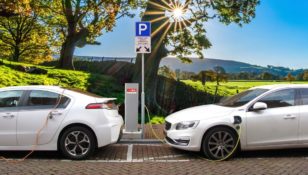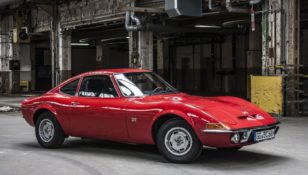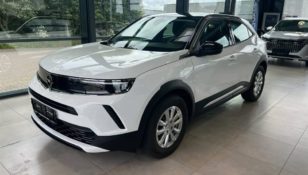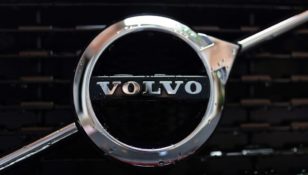VW Hybrid: The Evolution of Sustainable Driving

Introduction:
Volkswagen (VW) hybrid vehicles have become a revolutionary choice for individuals interested in sustainable and eco-friendly driving. With the goal of reducing carbon emissions and reliance on fossil fuels, VW has invested heavily in hybrid technology. This article aims to provide a comprehensive overview of VW hybrid vehicles, their evolution over time, and what potential buyers need to know about this cutting-edge technology.
I. Understanding VW Hybrid:

1. What is a VW Hybrid?
– VW hybrid vehicles combine an internal combustion engine with an electric motor, allowing for improved fuel efficiency and reduced emissions.
– Through intelligent energy management systems, these cars seamlessly transition between electric and gasoline power, optimizing performance.
– The hybrid technology eliminates “range anxiety” by automating the switch between the two power sources.
2. Benefits of VW Hybrid:
– Environmentally Friendly: VW hybrids significantly reduce carbon emissions, contributing to a cleaner and greener environment.
– Fuel Efficiency: The electric motor assists the combustion engine, reducing fuel consumption and saving money at the pump.
– Performance: VW hybrids offer enhanced torque and power, providing a smooth and enjoyable driving experience.
– Government Incentives: Many countries offer tax incentives, rebates, or exemptions for purchasing hybrid vehicles, making them financially attractive.
II. The Evolution of VW Hybrid Technology:
1. Early Beginnings:
– VW’s exploration into hybrid technology began in the early 2000s, as environmental concerns grew.
– The first significant step was the introduction of the VW Golf TwinDrive in 2008, which combined a diesel engine with electric power.
– This milestone marked VW’s commitment to sustainable technology and set the stage for future advancements.
2. Hybrid Innovations:
– In 2012, VW introduced the Jetta Hybrid, which showcased enhanced efficiency and performance capabilities.
– The launch of the Passat GTE in 2015 marked a significant milestone, featuring a powerful plug-in hybrid system capable of all-electric driving.
– The VW e-Golf, an all-electric variant, debuted in 2014, demonstrating VW’s broader dedication to alternative driving technologies.
3. The ID. Family:
– VW’s latest hybrid venture revolves around its ID. series, a lineup of fully electric and hybrid vehicles.
– The ID.3, ID.4, and forthcoming ID.5 all have hybrid variants, providing consumers with ample choices to suit their individual needs.
– These models showcase VW’s commitment to electrification and sustainable mobility, further solidifying their role as a leader in the hybrid market.
III. The Future of VW Hybrid:
1. Technological Advancements:
– VW is continuously investing in research and development to improve hybrid systems, battery technology, and overall efficiency.
– Advances in battery technology will lead to increased range and shorter charging times, making hybrids an even more practical choice for consumers.
2. Market Expansion:
– With the growing demand for eco-friendly alternatives, VW aims to expand its hybrid offerings across its entire vehicle lineup.
– The goal is to make hybrid technology accessible to a broader market, ensuring a sustainable future for both the environment and consumers.
Conclusion:
VW hybrid vehicles have come a long way in revolutionizing sustainable driving. From their early hybrid experiments to the current ID. series, VW has demonstrated its commitment to creating a cleaner and greener future. With continuous technological advancements and market expansion, VW hybrids are poised to become an integral part of mainstream driving. By choosing a VW hybrid, individuals can contribute to a more sustainable world while enjoying the benefits of fuel efficiency and performance.

















